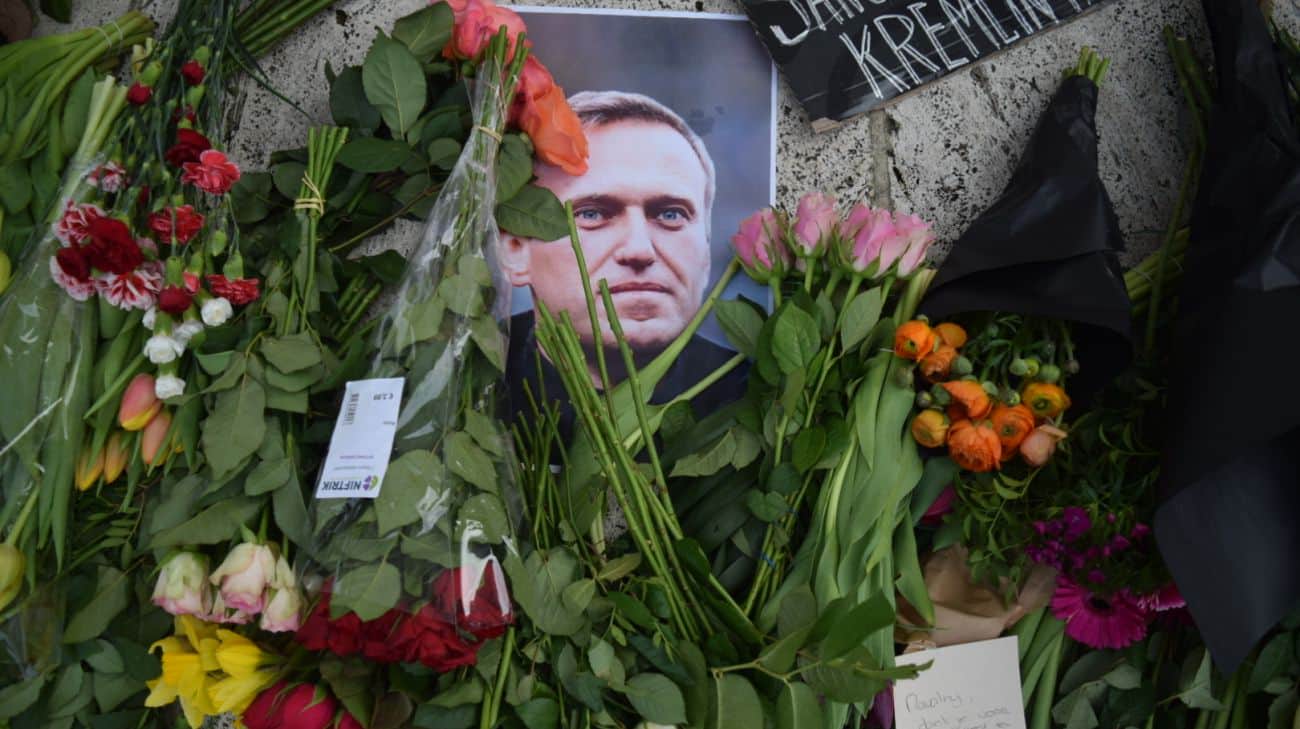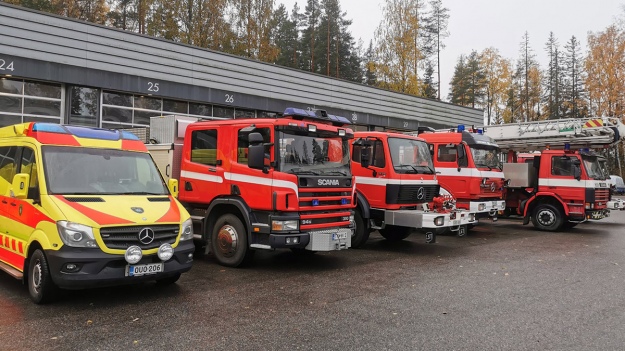Russian authorities refuse to release Navalny's body to his family and claim no "criminal circumstances" surrounding his death
The body of Russian opposition leader Alexei Navalny has not been released to his family for burial, and the cause of his death remains unclear. Source: Latvia-based Russian media outlet Meduza, citing Navalny's associates Details: The correctional facility claimed that Navalny's body had been taken to the morgue in the town of Salekhard, Yamalo-Nenets Autonomous Okrug, northwestern Siberia.

The body of Russian opposition leader Alexei Navalny has not been released to his family for burial, and the cause of his death remains unclear.
Source: Latvia-based Russian media outlet Meduza, citing Navalny's associates
Details: The correctional facility claimed that Navalny's body had been taken to the morgue in the town of Salekhard, Yamalo-Nenets Autonomous Okrug, northwestern Siberia. When Navalny’s mother and lawyer arrived at the morgue, they found it closed. They called the phone number indicated on the door and were told that the morgue did not have the body.
Representatives of the correctional facility where Navalny had been held told the politician's mother that he had died of sudden death syndrome, said Ivan Zhdanov, Director of Navalny’s Anti-Corruption Foundation. Meduza noted that there is no such diagnosis in the International Classification of Diseases.
"When the lawyer and Alexei's mother arrived at the penal colony this morning, they were told that the cause of Navalny's death was sudden death syndrome," Zhdanov stated.
Kremlin-aligned Russian news agency RT has claimed that Navalny suffered a blood clot. The Investigative Committee in Salekhard said an examination was being conducted into his death.
However, Navalny's spokesperson Kira Yarmysh said the Investigative Committee had informed the politician's lawyer that the cause of his death had not been established. An IC officer claimed that "a second histological examination was being carried out" and the results would be available next week.
"It’s obvious that they are lying and doing everything they can to avoid handing over the body," Yarmysh added.
Yarmysh said the Investigative Committee had stated that Navalny's body would not be handed over to his family until the investigation was completed. Yet an hour earlier, the lawyers had been informed that "the investigation had been completed, and no criminal circumstances [surrounding Navalny's death] were found".
Yarmysh said on the Dozhd (Rain) TV Channel that the official cause of Navalny's death has not yet been announced, so the propaganda claim that Navalny had a detached blood clot cannot be confirmed.
"We obviously realise that the penal colony is lying; it's obvious now. There is no doubt that the murder was planned," she said.
Yarmysh also said that the Anti-Corruption Foundation would continue its work after the politician's death.
OVD-Info, a Russian human rights media project aimed at combating political persecution, reported that 359 people were detained in 32 Russian cities during "events in memory of Navalny" on Friday and Saturday.
People continue to place flowers and candles at monuments to the victims of repression in cities across Russia, Meduza reports.
However, there have been no large-scale protests in Russia since Navalny's death.
Previously: On the afternoon of 16 February, the Federal Penitentiary Service reported the death of Russian opposition leader Alexei Navalny in Penal Colony No. 3 in Kharp, Yamalo-Nenets Autonomous Okrug, in northwestern Siberia.
Responding to the news of Navalny's death in a Russian prison, Ukrainian President Volodymyr Zelenskyy said that he had been killed by Russian President Vladimir Putin.
Support UP or become our patron!



